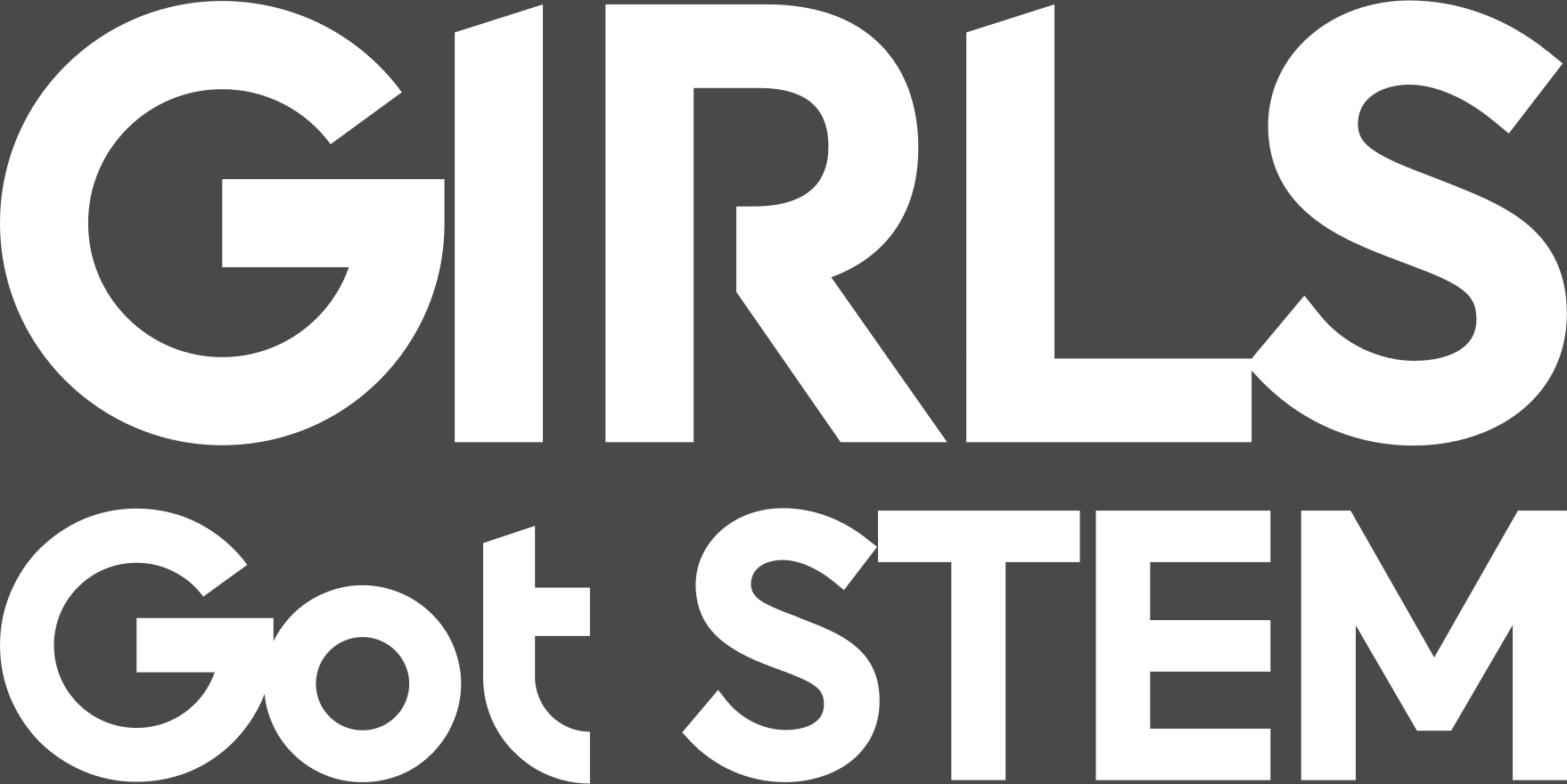The rise of artificial intelligence has sparked excitement, but it has also triggered apprehension regarding its potential impact on human creativity. AI’s capabilities are expanding rapidly, raising important questions: Will AI stifle human ingenuity, or will it serve as a tool to elevate our creative potential?
The human brain is inherently creative, capable of producing endless ideas and innovations. However, transforming abstract concepts into tangible forms—whether visually, scientifically, or descriptively—can be challenging. This is where AI can step in, helping humans translate their creative visions into reality. From generating visual art to organizing complex datasets, AI assists by offering new ways to express and communicate our ideas.
Resistance to new technology is not uncommon. When computers were first introduced, there was widespread concern about job losses and the fear that machines might replace human labor. Yet today, computers are essential tools that have transformed industries, and the same evolution is likely for AI. While concerns about job displacement persist, history shows that technology can also create new opportunities.
I believe AI has the potential to enhance, rather than diminish, human creativity. In this era of rapid AI development, we are fortunate to explore how it can complement our imaginative capacities. AI cannot surpass the uniqueness of human creativity, but it can certainly assist in executing the boundless ideas that originate in the human mind. The key lies in using AI as a partner in innovation, harnessing its power to bring our creative visions to life.
